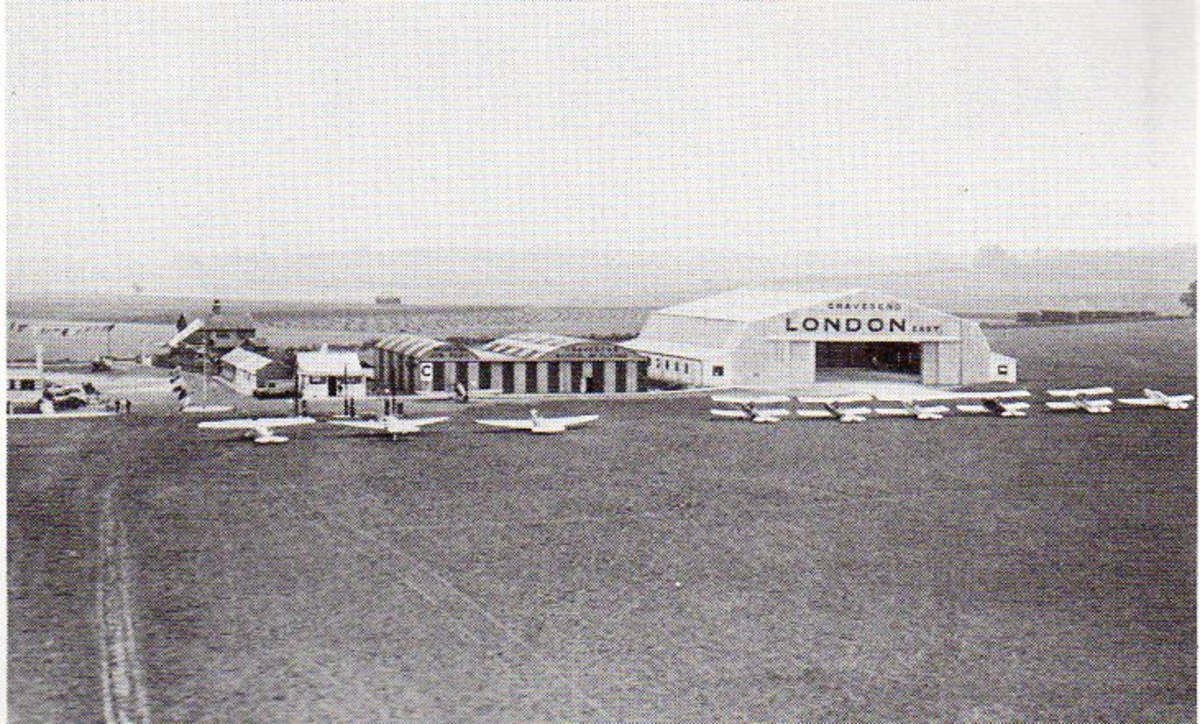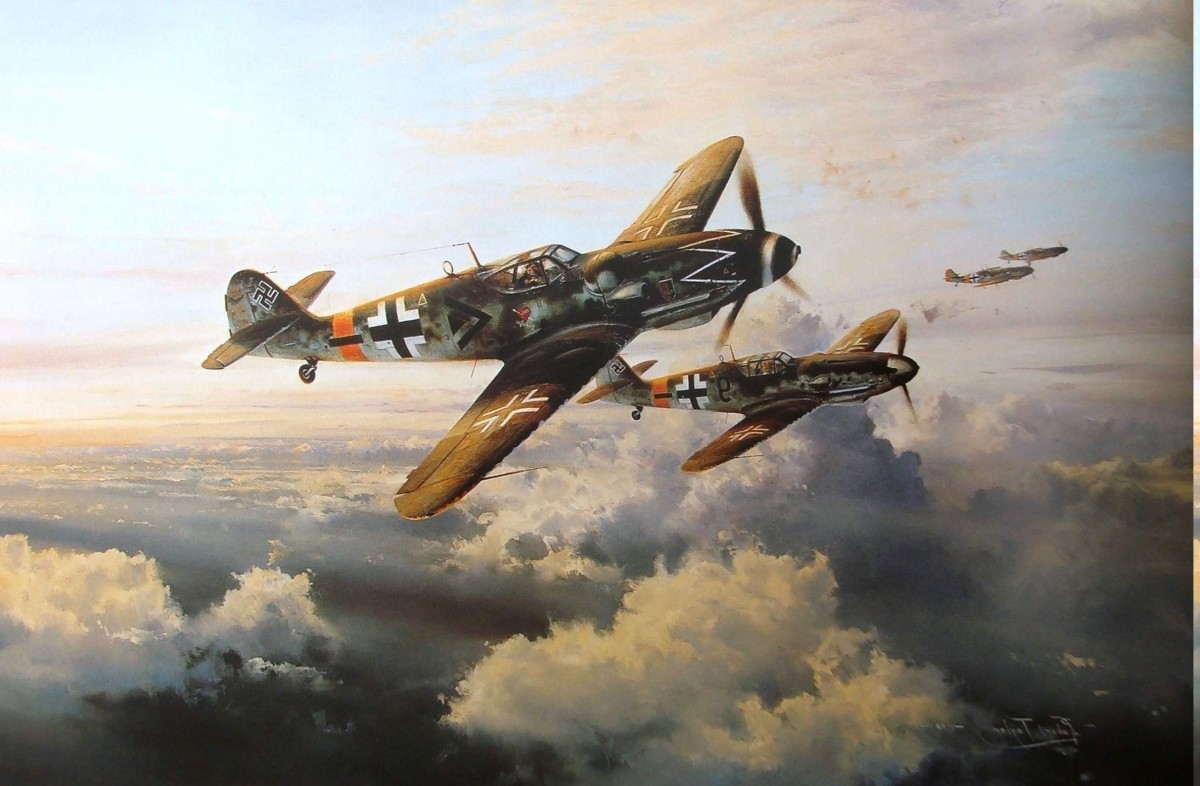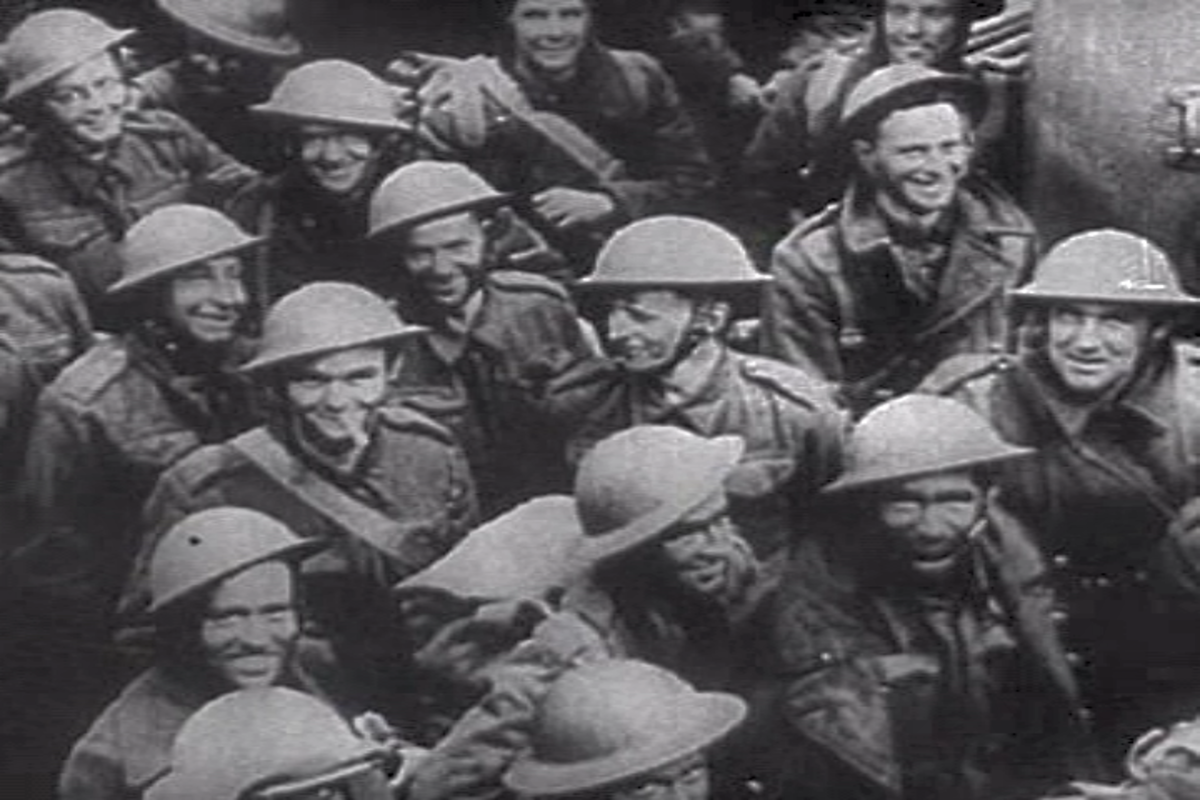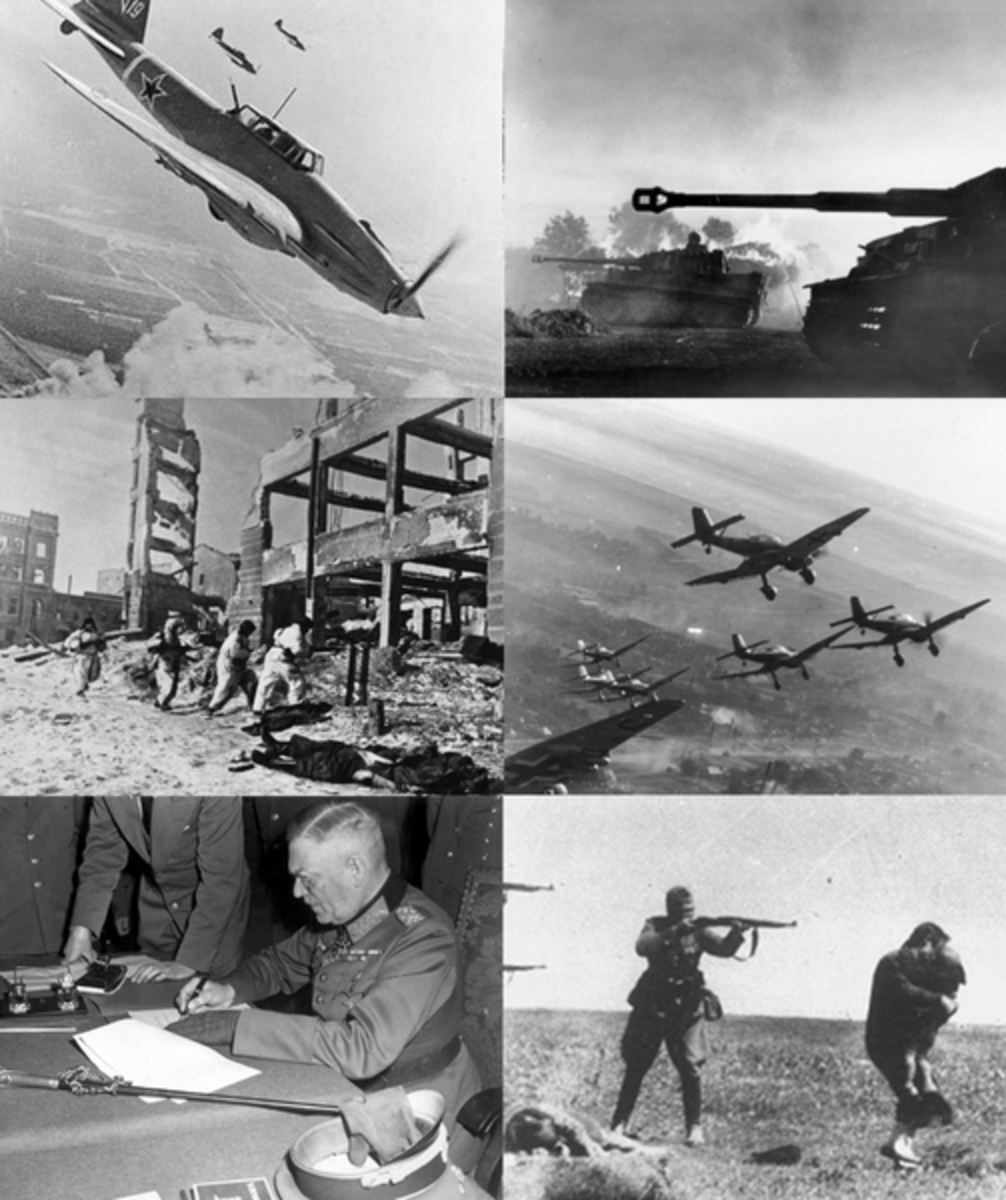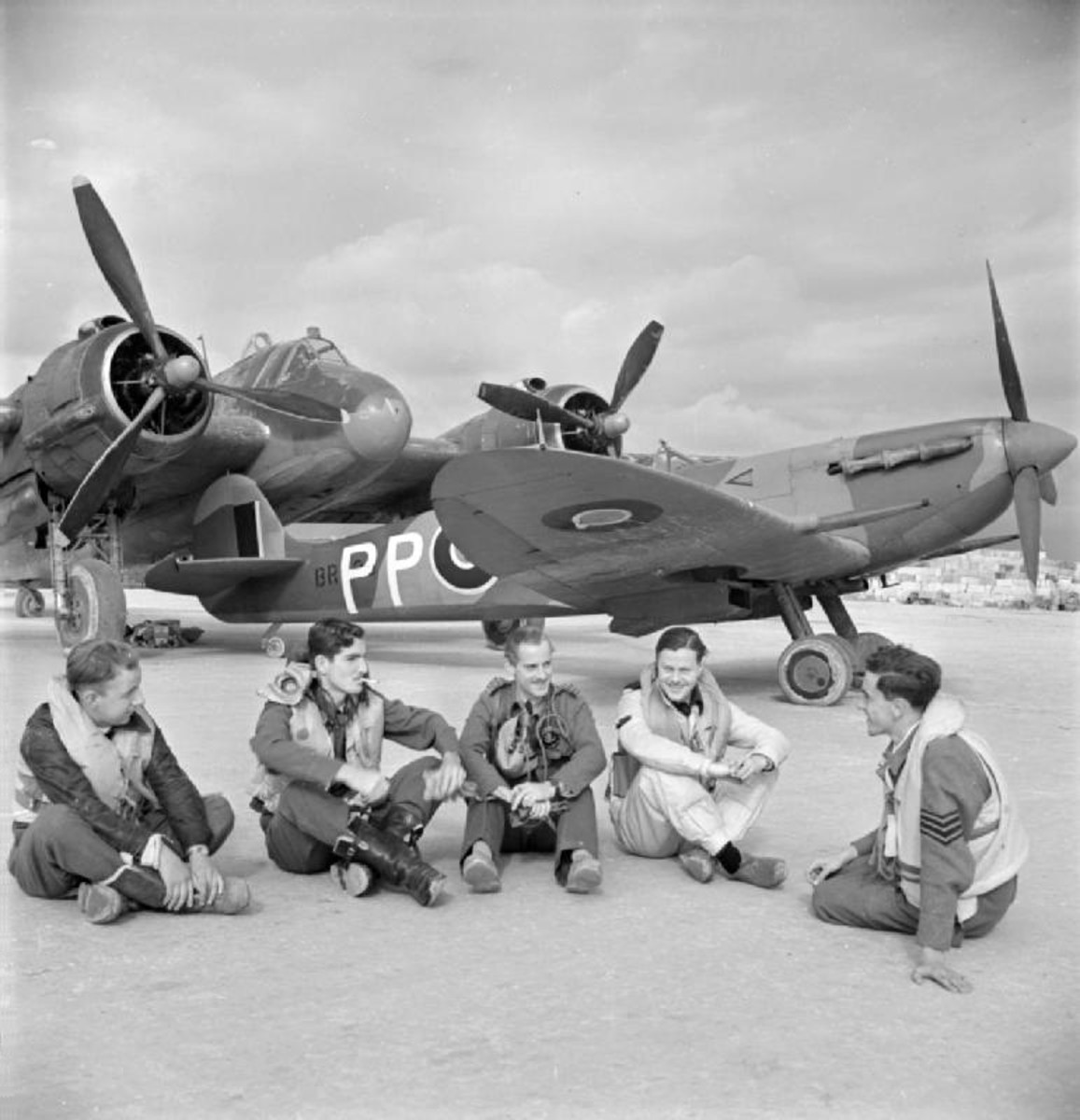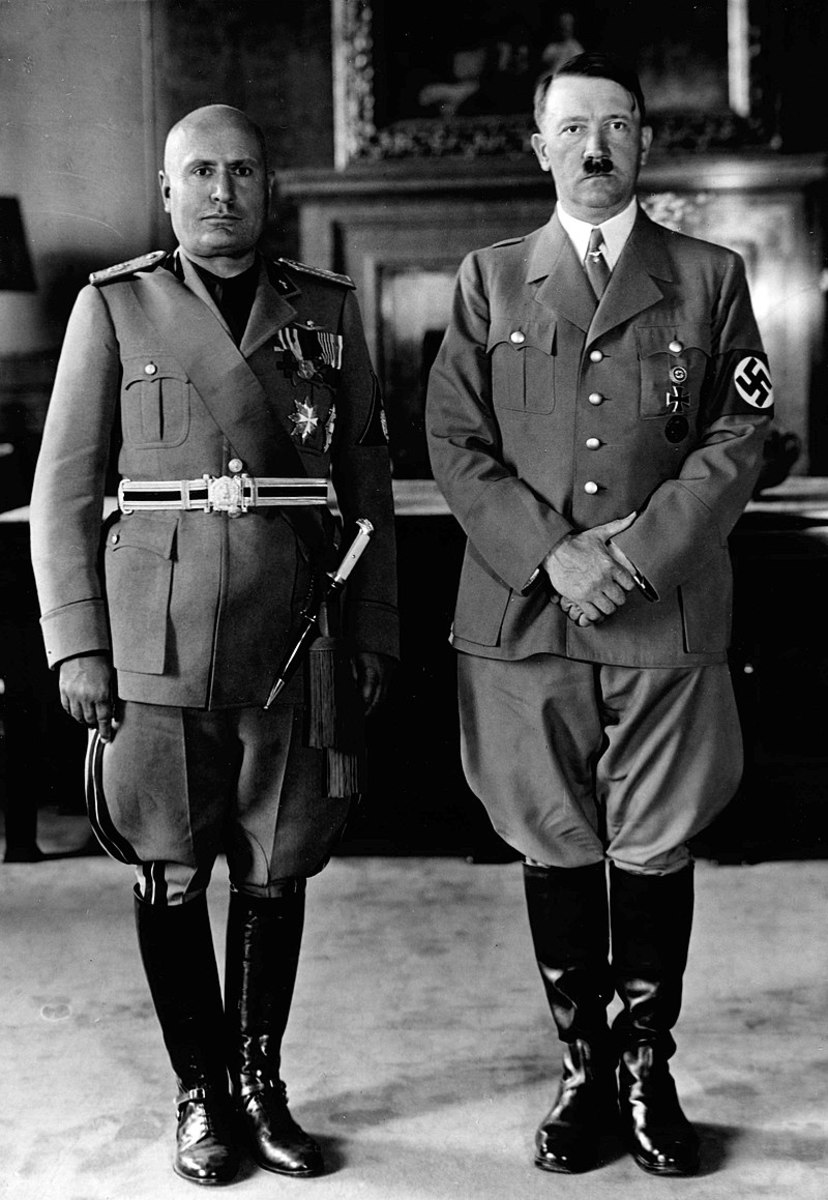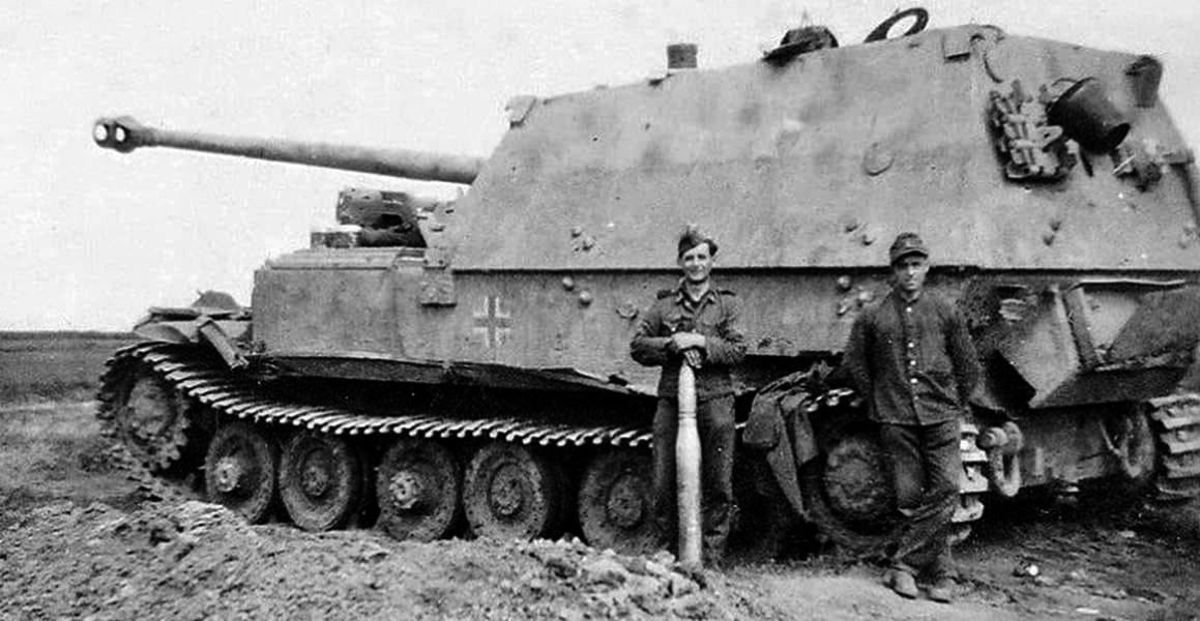- HubPages»
- Education and Science»
- History & Archaeology»
- History of the Modern Era»
- Twentieth Century History»
- World War II
The Battle of Britain: How It Was Won & Lost

The Battle of Britain was one of the most crucial points within the Second World War. If Britain had fallen Germany would have face little resistance to its expansion. The German war industry would have been free to focus its might against Russia exclusively. Furthermore, when the USA joined the fighting there would not have been a staging ground for the allied forces to have off of the European coast for the air force or for any other armed forces. If the British had lost there is a great possibility that many people in the world would be speaking German or be lampshades (referring to how some of the SS used the skin of concentration camp inmates to make lampshades).
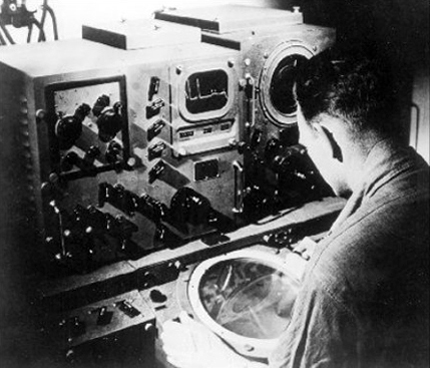
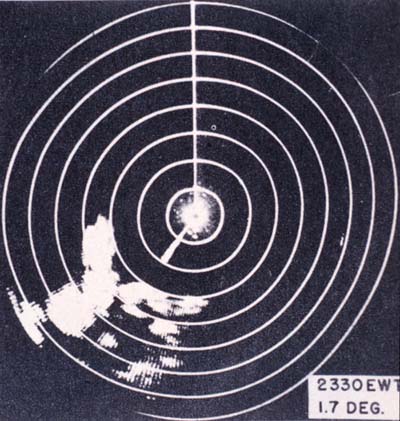
What the British had going for them was very little, but they took advantage of it. They had home territory advantage. This meant that anytime a pilot was shot down (if he survived) all he had to do was get a ride to the Royal Air Force base (RAF) and start flying again the next day. Due to the radar system in place the British had the advantage of knowing when the Germans were coming and could place fighters strategically to take them out. Furthermore, the British could produce a large amount of planes in a short amount of time so the loss of aircraft was not so much an issue as the loss of men. Additionally the planes the British produced were some of the best prop driven fighter planes ever made. The Spitfire was equipped with multiple machine guns in the wings allowing for increased chance of the pilot hitting his target while the Hawker Hurricane had several machine guns mounted in a single area making them ideal as a bomber killer. Both planes were pivotal in winning the Battle of Britain.
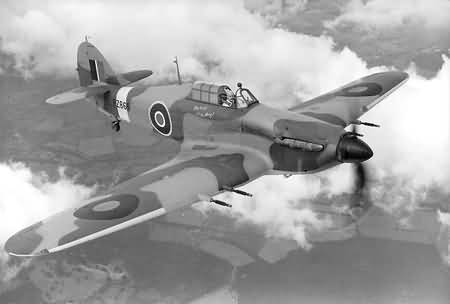
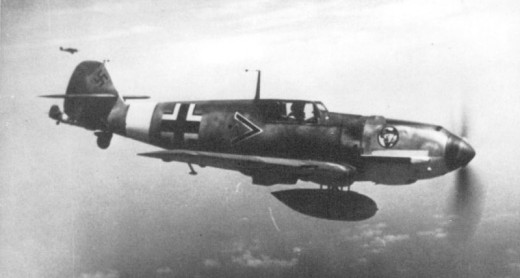
The major disadvantage the British had was the limitations with pilots. The loss of a pilot was more disastrous then the loss of 20 planes. Another disadvantage was a single failing within the engine of the Spitfire. The Spitfire, while being one of the best fighter planes produced to that point had a single disadvantage to its German counterpart the ME-109. The Spitfire was equipped with the Rolls Royce Merlin V12 engine which was carburetor run while its ME-109 counterpart was an inverted V12 with injected fuel. During normal flight this was not a problem for the Spitfire, but in situations where there was extreme diving or negative g-force placed on the planes the ME-109 came out ahead for maneuverability in regards to diving and climbing. A tactic that was successfully used against the Spitfire was for the ME-109 to wait for the RAF to attack inbound Luftwaffe bombers then to dive in from higher altitudes in the attack.
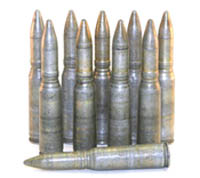
The greatest advantage the German Luftwaffe had over the RAF was man power. Germany had pilots in plenty and could have over whelmed the RAF easily. Also the ME-109 had superior maneuverability and speed due to the fuel injection system that was in its engine. Furthermore, not only was the plane equipped with machine guns, but also a cannon that shot 20 mm shells loaded with high explosives. The cannons proved effective against the Spitfire due to its aluminum body, but had little effect against the Hawker Hurricane due to its canvas body. The shells required a hard surface to impact against in order for them to explode. Despite this single disadvantage, Germany could have easily won the Battle of Britain but for the ultimate failing which was neither mechanical or man power related but rather was a result of poor strategy.
I suppose we can thank God that Adolf Hitler was a little off his rocker because otherwise the Second World War would have been lost very quickly. Hitler changed tactics on such a regular basis over the course of the Battle of Britain that this more than anything made it possible for the RAF to win it. There are several other factors that contributed to the Luftwaffe’s failure, but there are circumstantial by comparison to this first factor. If Hitler and his generals had focused their attacks upon a specific industry or military grouping such as the RAF’s airfields then the Battle of Britain could have been very short lived. The RAF’s limit with manpower especially could have resulted in a easy victory for the Luftwaffe if they had focused tactics upon killing as many pilots as possible and in destroying the RAF’s airfields.
The other things that contributed to the Luftwaffe’s failure are first that the German’s never developed anything more sophisticated than the twin engine bomber aircraft. While these aircraft were wonderful for battle field tactics and support of ground troops, they were very limited for bombing population and industrial centers in Britain. Second, the fighter aircraft support was very limited due to fuel consumption. By the time a fighter aircraft had made it across the English Channel and made contact with RAF fighters it only had fuel enough for 4 to 8 minutes of fighting before it had to turn back in order to make it home. Any pilots lost over British air space or over the channel almost always died or were captured which meant that the Luftwaffe was operating on an extreme disadvantage. What is more, German industry could not produce replacement aircraft as quickly as the British could. In 1940 the British could produce 500 fighters in a month while the Germans could only produce 150 in the same time. A final mistake that was made was the targeted attacks against British civilians. This more than anything galvanized the British populace against German and encouraged sympathy for the Allies caused on the part of the United States. History shows that when there are attacks upon civilian populations that rather than terrorizing the population into submission it normally bolsters the nations desire to resist such terror.
There are many ways that the Luftwaffe could have approached the Battle of Britain other than what was named above. There are things the RAF could have done to succeed sooner as well, but the fact of the matter is that the British winning this battle made it possible for the Allied Forces to continue fighting and eventually winning the Second World War. The free peoples of the world owe the RAF pilots and their support crews an enormous debt of gratitude.


